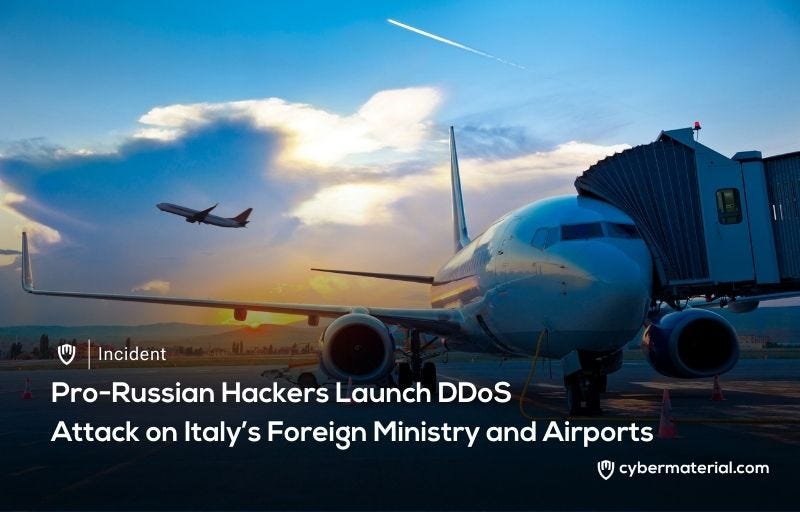
A significant cyberattack hit Italy’s Foreign Ministry and major airports on December 28, 2024, temporarily disrupting several official websites. The pro-Russian hacker group Noname057(16) claimed re…

A significant cyberattack hit Italy’s Foreign Ministry and major airports on December 28, 2024, temporarily disrupting several official websites. The pro-Russian hacker group Noname057(16) claimed re…